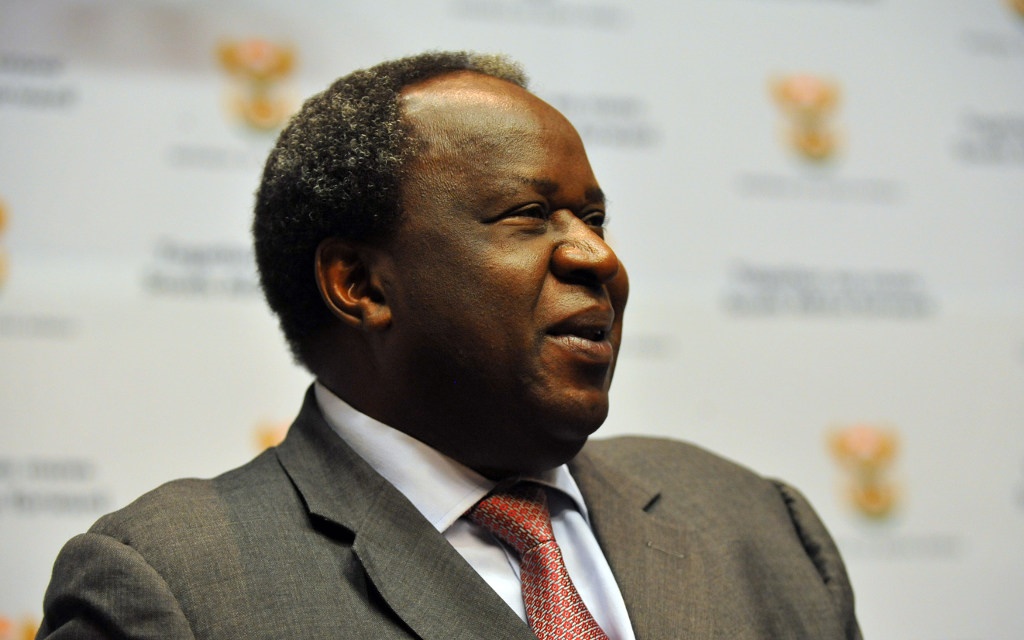


Minister of Finance, Tito Mboweni, addresses the media during the 2020 National Budget Press Conference in Cape Town. (Photo by Gallo Images/Ziyaad Douglas)
Gallo Images/Ziyaad Douglas
Zero-based budgeting will be followed for future planning of the country’s finances, said Finance Minister Tito Mboweni.
The minister was delivering an address apart of the National Assembly debate on the 2020 Appropriation Bill. The bill is being considered by Parliament so that a supplementary or adjustment budget, accounting for Covid-19 funding, can be tabled. Treasury said it will be ready to table the emergency budget on 24 June.
Mboweni painted a bleak picture of the state coffers, now with the economy in recession and tax revenue reducing sharply. “We are no longer as rich as we used to think we are. We need to adapt to a new situation,” Mboweni said. This requires thinking “seriously” about adopting zero-based budgeting, he said.
Zero-based budgeting means that the state will have to design its expenditure planning from “scratch”. “We cannot take for granted the baseline we had last year, will always be the case going forward,” Mboweni said.
- READ | Mboweni plans emergency budget for 24 June
Deloitte defines zero-based budgeting as allocating funding based on programme efficiency and necessity, and not budget history. Each expenditure item needs to be justified.
Mboweni said that the country must now focus on strategic things that can be done, and growth-enhancing activities. He recommended to members of Parliament that they research what a zero-based budget would mean, going forward.
“We must start from scratch,” he said. Government will have to prioritise infrastructure and growth enhancing measures. This means reducing expenditure that is not required.
“We need to refocus our attention to what is now feasible and how we can help people in the Covid-19 pandemic, and still be able to support the economy going forward,” he added.

